Washington's financial policy leads to rise in poverty around the world, experts say
Aggressive and irresponsible financial policies adopted by the United States have triggered significant inflation worldwide, causing widespread economic disruption and a significant rise in poverty, especially in the developing world, global experts say.
In battling to contain runaway U.S. inflation, which topped 9 percent in June, the U.S. Federal Reserve has raised interest rates four times to the current level of a range of 2.25 to 2.5 percent.
Benyamin Poghosyan, chairman of the Center for Political and Economic Strategic Studies in Yerevan, Armenia, told China Daily that the rises have disrupted global financial markets, with many developing countries facing record-high inflation, hobbling their attempts to find financial resilience in the face of various international challenges.
"It has already resulted in significant devaluation of the euro and some other currencies, and it will continue to stoke inflation," he said.
In Tunisia, a strong dollar and sharp rises in grain and energy prices are expected to widen the country's budget deficit to 9.7 percent of GDP this year from a previously forecast 6.7 percent, said the central bank governor Marouan Abassi.
By the end of this year the country's outstanding public debt is forecast to reach 114.1 billion dinars ($35.9 billion), or 82.6 percent of its GDP. Tunisia is heading for default if the current deterioration in its finances continues, the investment bank Morgan Stanley warned in March.
Turkiye's annual inflation reached a record high 79.6 percent in July, the highest in 24 years. One dollar was traded at 18.09 Turkish liras on Aug 21, marking a loss in value of 100 percent compared with a year ago, when the exchange rate was 8.45 liras to the dollar.
Despite government efforts including raising the minimum wage to protect people from financial woes sparked by high inflation, Turks are struggling to make ends meet.
Tuncay Yuksel, a thrift shop owner in Ankara, said his family had crossed food products such as meat and dairy off grocery lists because of soaring prices since the start of the year.
"Everything has become more expensive, and the purchasing power of citizens has dropped considerably," Xinhua News Agency quoted Yuksel as saying. "Some people cannot afford to buy basic needs."
The U.S. Fed's interest rate rises have "definitely caused inflation in the developing world", and the move is irresponsible, Poghosyan said.
"The U.S. is using dollar hegemony to pursue its geopolitical interests. The U.S. should bear responsibility for its actions, especially as the U.S. portrays itself as the global defender of human rights that cares about everyone.
"It makes the lives of tens of millions of people more miserable, but I believe the U.S. simply doesn't care."
Jerome Powell, the chairman of the U.S. Federal Reserve, warned on Aug 26 that the U.S. is likely to impose larger interest rate rises in coming months and is determined to tame the highest inflation in 40 years.
Tang Yao, associate professor in the Guanghua School of Management at Peking University, said reducing inflation is Washington's first priority so the Fed is expected to keep lifting rates for most of the coming year.
This would trigger a global liquidity crunch, stimulating a significant flow of capital from global markets into the U.S. and devaluation of many other currencies, Tang said, adding that the policy would also cause the stock and bond market to decline and countries with weak economic and financial fundamentals to bear more risks such as increased debt defaults.
The International Monetary Fund has also warned that the Fed's attempts to combat price pressures could hit emerging markets loaded with foreign currency debt.
"A disorderly tightening of global financial conditions would be particularly challenging for countries with high financial vulnerabilities, unresolved pandemic-related challenges and significant external financing needs," it said.















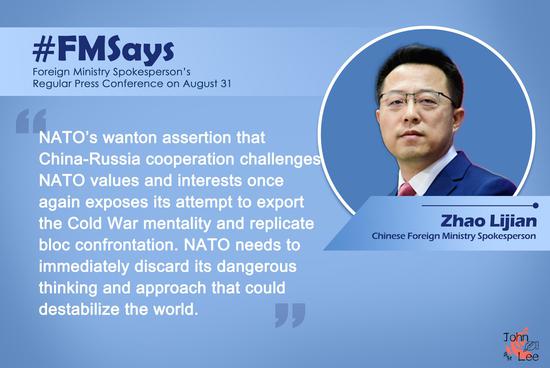
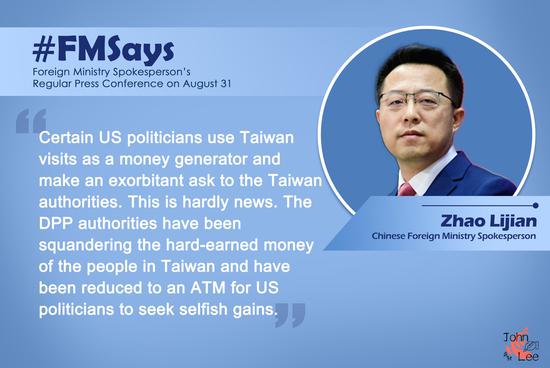

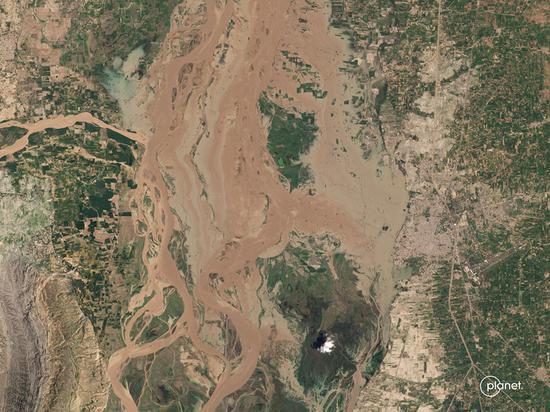


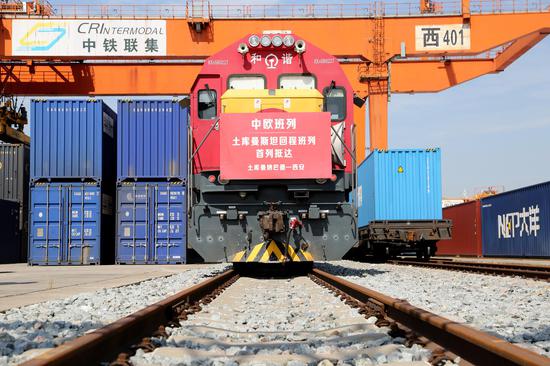


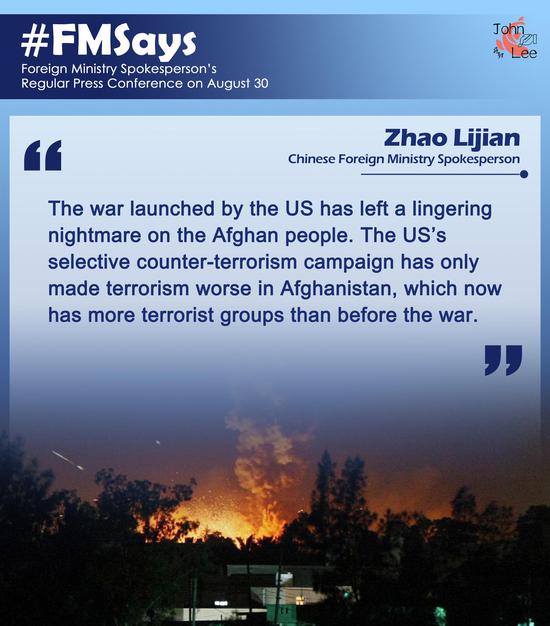
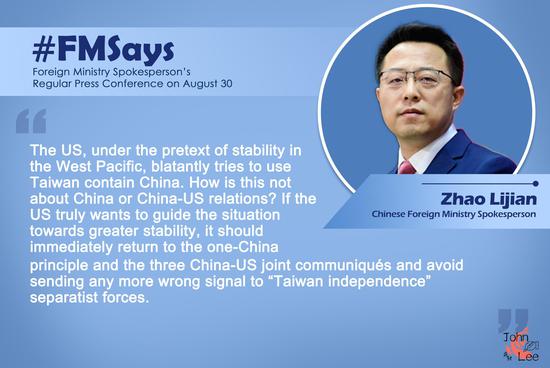
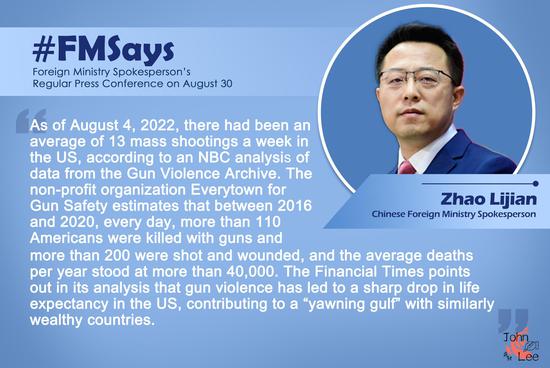


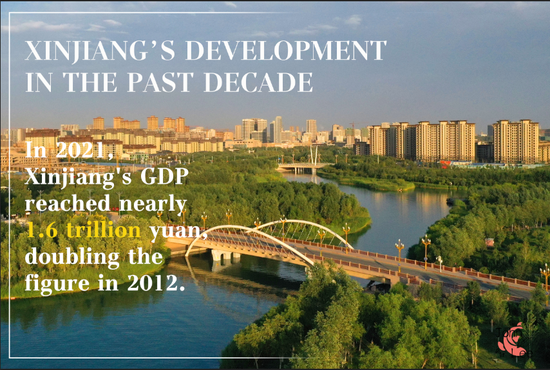
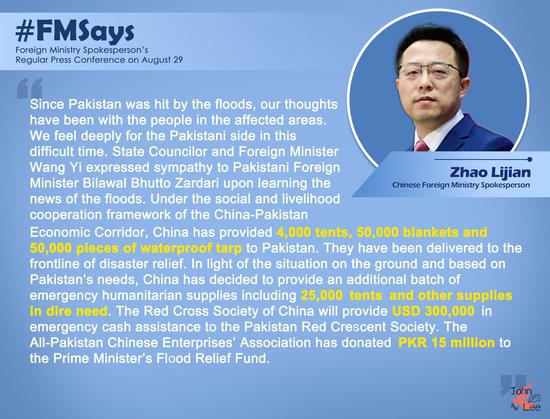




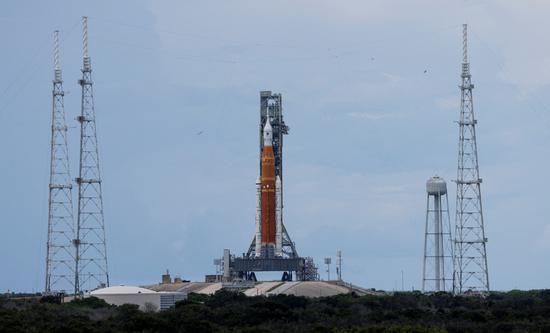




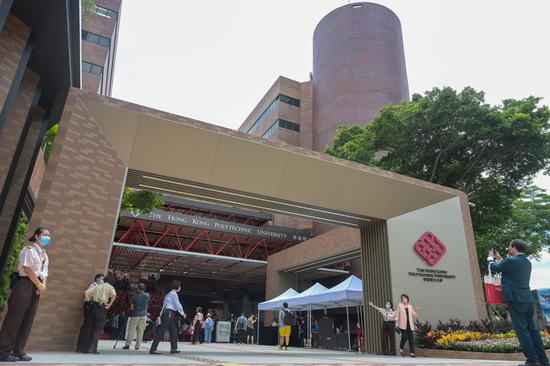



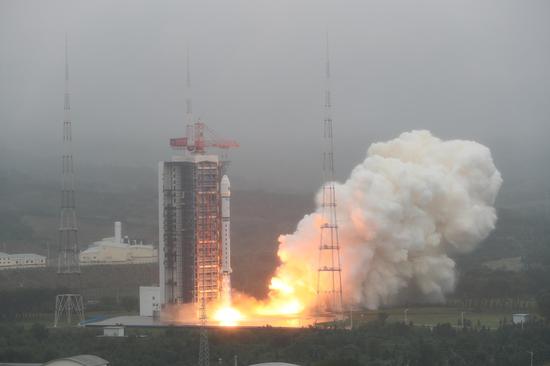





 京公网安备 11010202009201号
京公网安备 11010202009201号